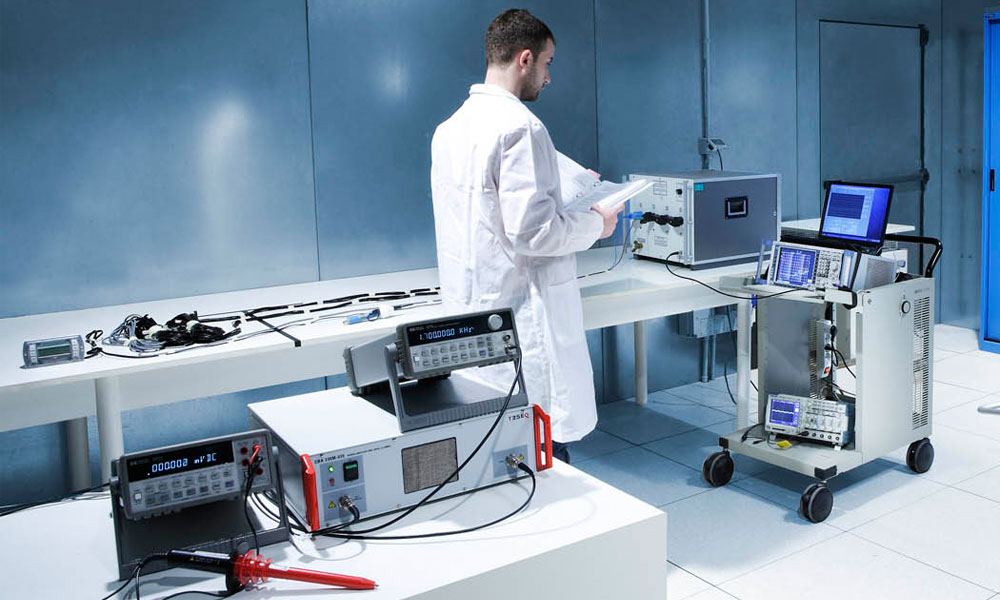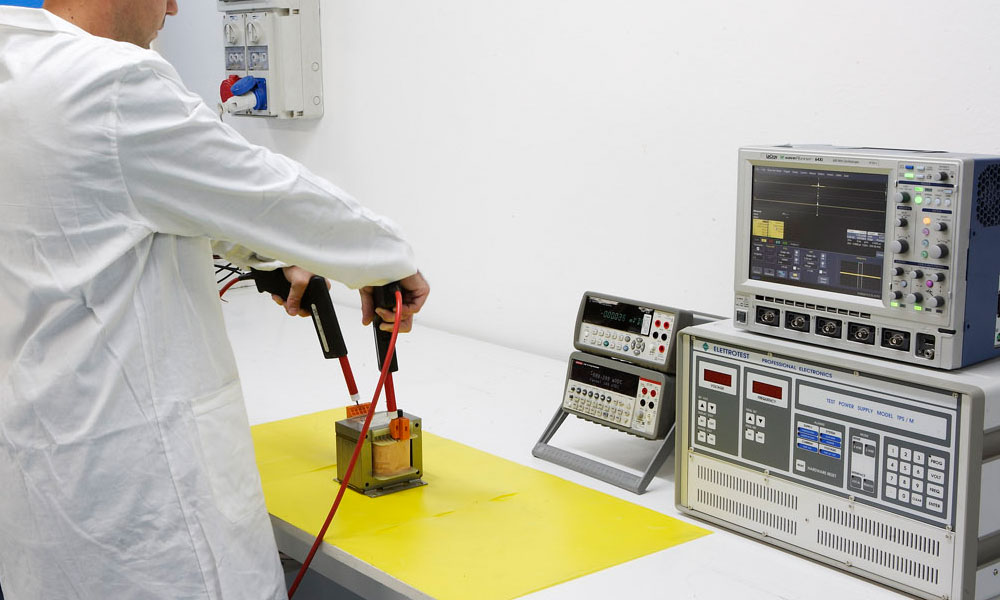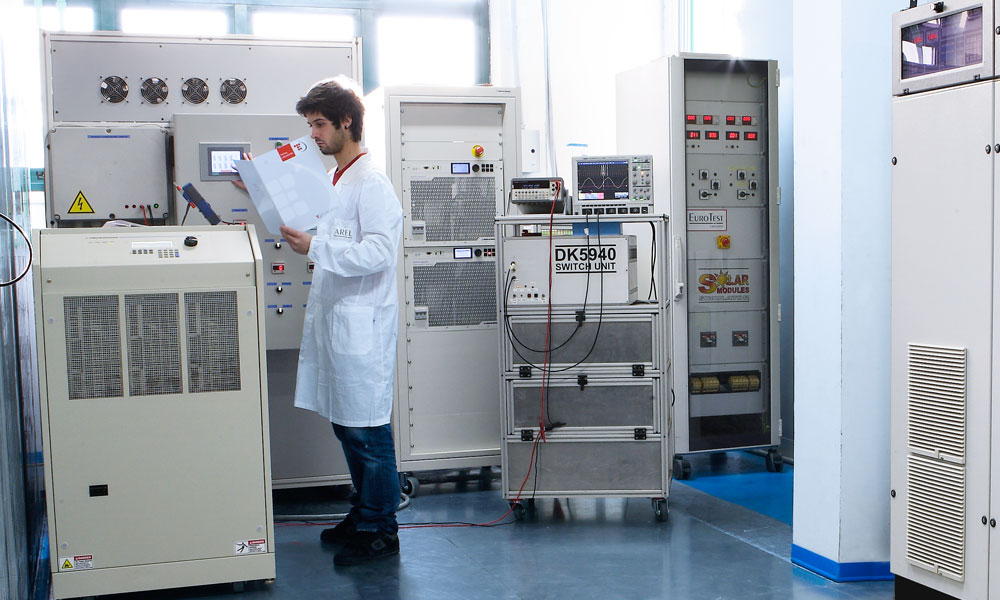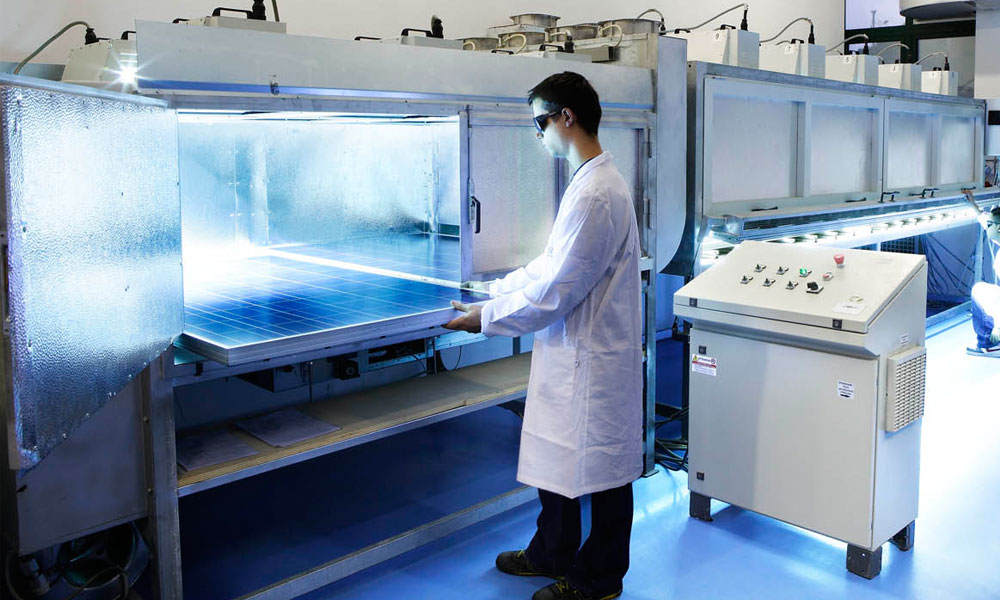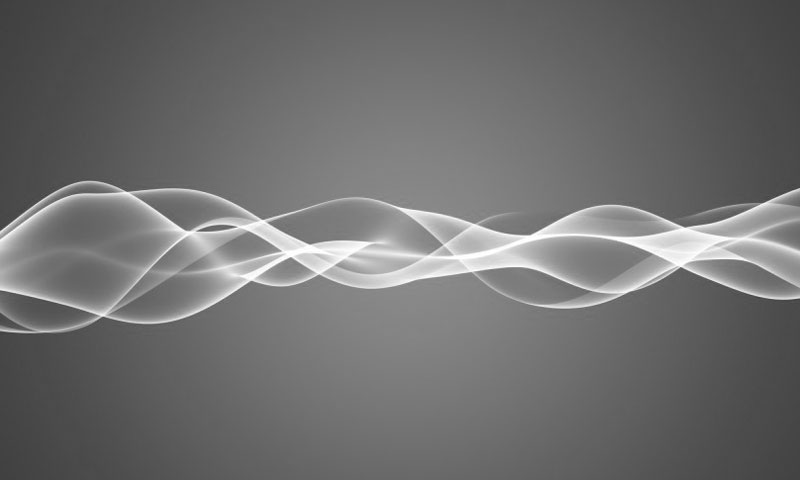All devices sold in the European Union must comply with the relevant product directives and have CE marking.
Eurotest offers complete support in preparing the required technical file, and carries out conformity testing in relation to the following directives:
| 2004/108/CE | Electromagnetic Compatibility (EMC) |
| 2006/95/CE | Low Voltage Directive (LVD) |
| 92/2/CEE | Temperature control of quick-frozen foods |
| 2006/42/CE | Machinery Directive (MD) |
| 93/42/CE | Medical Devices Directive (MDD) |
| 98/79/CE | In Vitro Diagnostic Devices (IVD) |

In the field of renewable energy, Eurotest can carry out accredited tests in the following sectors:
| Power converters (inverters for renewable energy applications – Grid Codes) |
CEI 021 (Italy) |
| CEI 016 (Italy) | |
| VDE 4105 (Germany) | |
| G83 (UK) | |
| Power converters (electrical safety) |
IEC 62109 – 1/2 |
| IEC 62477 – 1 | |
| IEC 50178 – 1 | |
| Photovoltaics | IEC EN 61215:2016 (crystalline silicon modules) |
| IEC EN 61646 (thin-film photovoltaic modules) |
|
| IEC EN 61730 – 1/2 (photovoltaic module safety) |
|
| IEC EN 62108 (concentrator photovoltaic modules) |

